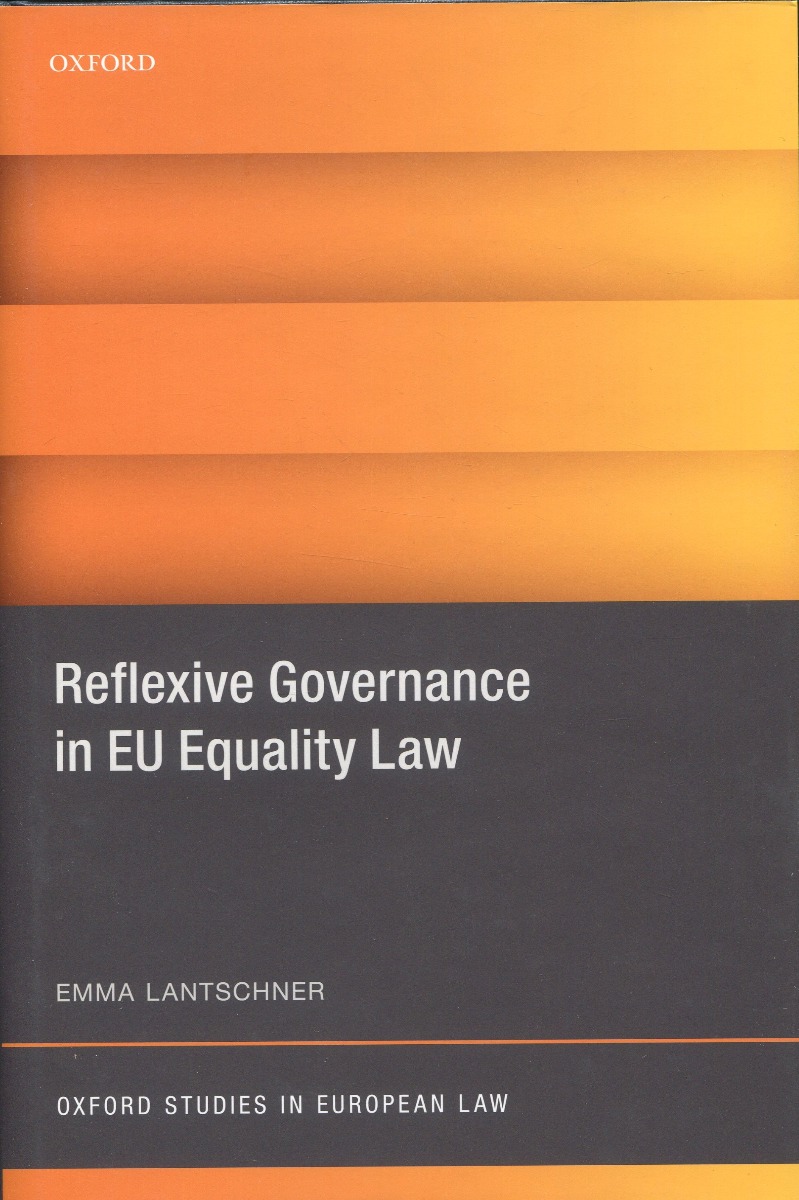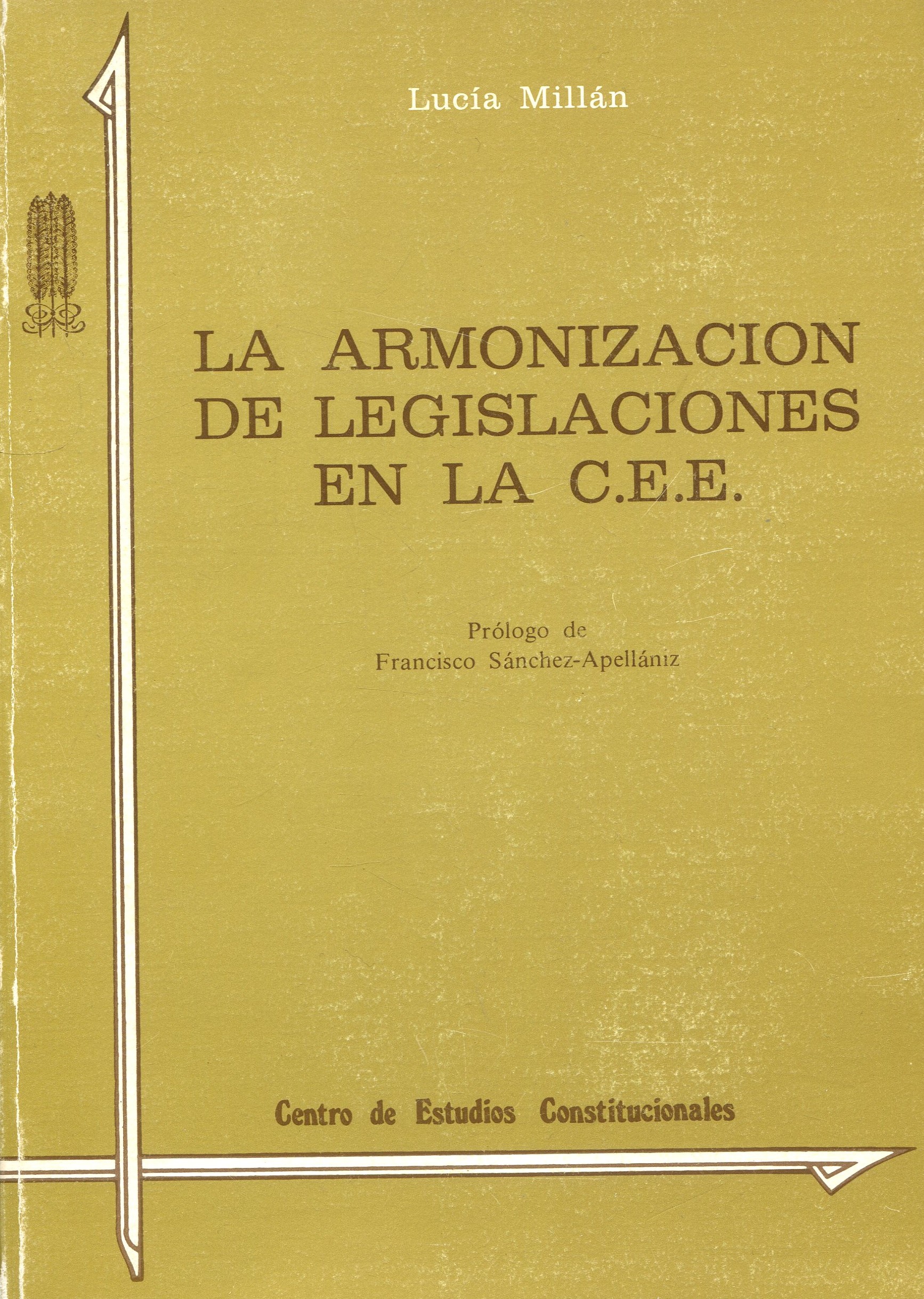The Covid-19 pandemic has revealed how far we as a European society still are from the proclaimed Union of Equality. The book explores how the promise of equal treatment can become a reality and compliance with the EU acquis relating to equality and non-discrimination can be improved. It studies enforcement and promotion aspects of the two watershed directives of 2000, the Racial Equality Directive 2000/43/EC and the Employment Equality Directive 2000/78/EC, through the lens of reflexive governance. This governance approach is proposed as having great potential in enhancing the likelihood of sustainability (or continuation) of reforms in the current candidate countries and EU Member States through its emphasis on reflexive learning processes and the cooperation between EU institutions, national authorities, and civil society actors.
In order to deploy this potential, there is, however, a need for more consistent and transparent monitoring, both with regard to candidate countries as well as old and new Member States, and a reconsideration of the understanding of monitoring as such. It should be seen as helping to deconstruct own preference-formations and as a possibility to learn from successes and failures in a cooperative and recursive process. To work on these lacunae and improve learning and monitoring processes, this book identifies indicators, that are deduced from the comparative review of the implementation practice of the member states. This book is thus a contribution to the existing literature in the fields of Europeanization, governance, and the right to equality and non-discrimination.








